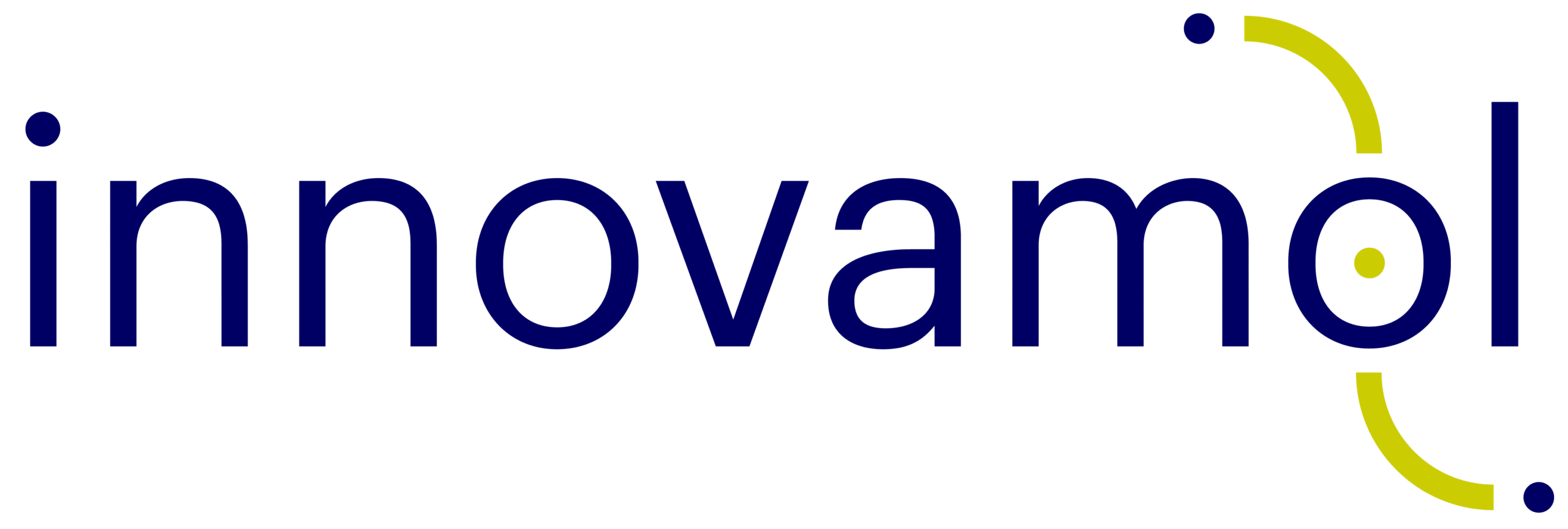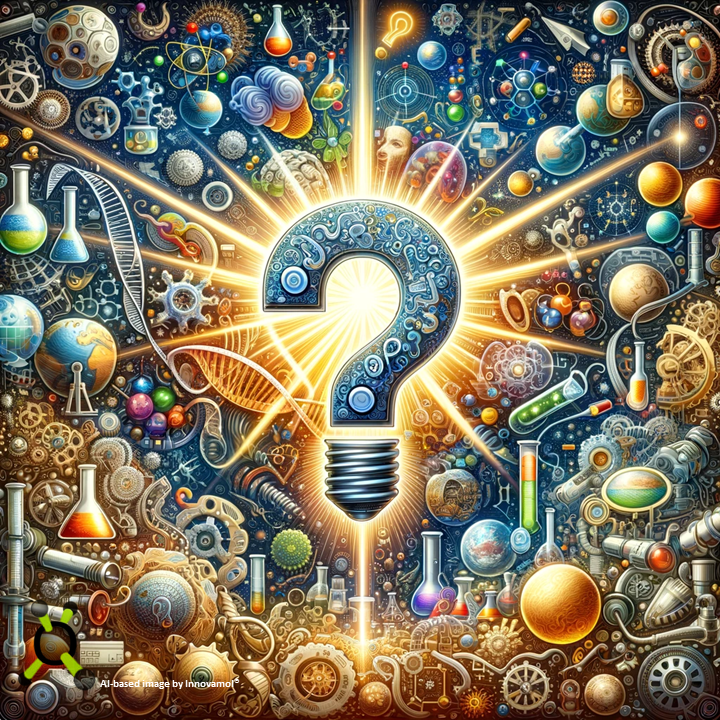Some time ago we in Innovamol discussed about an interesting post from the newsletter of Sasha Carnevali published on the 19/03/2024:
“La curiosità è tra le soft skill più ricercate da aziende e recruiter. Stando ai dati riportati da Curiosity@Work, il tema della curiosità è sempre più presente anche su Linkedln, con una crescita del:
- 71% per i post che ne fanno menzione;
- 87% per le menzioni di competenze legate alla curiosità;
- 90% per gli annunci di lavoro dove è richiesta come skill.”
We translate for you: the message is that curiosity isn’t just an evanescent interest—it’s a vital professional skill that is increasingly recognized by companies around the world. According to recent data, curiosity has surged in prominence on platforms like LinkedIn, indicating a change in the professional landscape where innovative thinking is highly valued.
Inspired by this discussion, we realised how everything we actually do is driven by curiosity. The pursuit of knowledge, the need to understand the unknown, and the desire to solve complex problems are the cornerstones of our work as scientific data scientists. Curiosity is what drives us to keep looking into new topics, to root deeper into data, and to persist in our investigations. Sometimes we are so immersed in this spirit of inquiry that we don’t even realise how it propels us into multidisciplinary discussions spanning AI, ethics, policy, team dynamics, leadership, and international collaboration management, among other things. It is astonishing to see how all these discussions currently extend beyond our traditional scientific backgrounds like chemistry, biology, and toxicology, emphasizing that curiosity is a spontaneous capacity to transcend disciplinary boundaries.
Thus, in the context of science, curiosity is a spark igniting discovery. Take, for example, the systematic reviews we conduct on scientific topics. Each review starts with a question, a sense of wonder about what we might find out. Curiosity leads us to look for patterns in the data, test theories, and come to conclusions that might not only provide answers to current questions but also inspire new ones. In our data-driven investigations, the presence of curiosity is as necessary as the data itself. It’s what transforms routine analysis into groundbreaking research and what turns numbers into structured concepts. We strongly think that data science it’s not just to crunch data—we look for the hidden meanings and consequences they hold. Because, at the end of the day, it is curiosity that drives science forward and it is curiosity that will continue to be the most invaluable skill in our quest for understanding and innovating.
“I have no special talents. I am only passionately curious” – Albert Einstein

